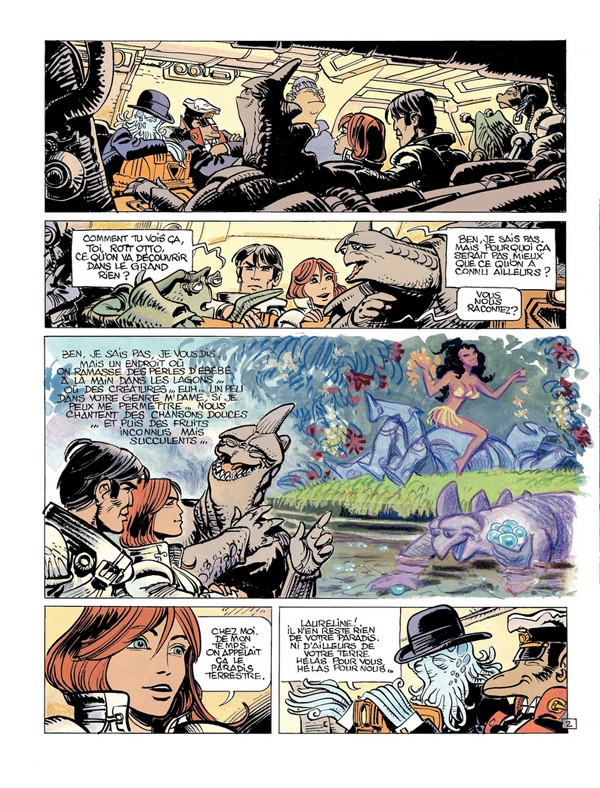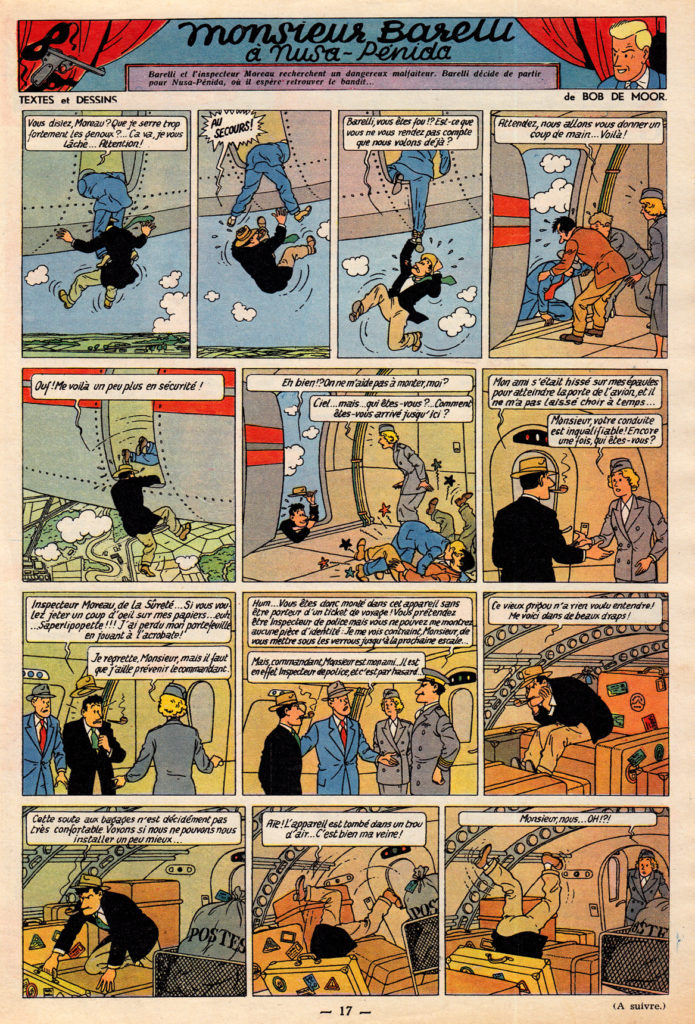Courtesy of a friend who works at one of our FLCBS’s (that’s “Friendly Local Comic Book Store” if you’re unaware) Dawn brought home a few English-translated trade paperbacks of the classic French sci-fi comic Valérian et Laureline. I wish we could claim to be more worldly and knowledgeable and say we knew of it “before it was cool”, but the truth is that we came at it out of curiosity over the upcoming Luc Besson film premiering in the U.S. this Summer.
But all that is an article for another day. What I wanted to address today is letters (see what I did there?). Or more specifically, lettering. You see, in the U.S. comic book industry there are all these rules that professional letterers are supposed to adhere to, rules I eventually started trying to emulate even though it didn’t (and doesn’t) always work out in practice. The unspoken judgment on your work otherwise would be that you were a hopeless amateur, right?
Well, imagine my confusion to start reading Valérian et Laureline and notice it seemingly breaking all sorts of these rules, despite the international comics community holding it in high esteem. Was it a function of the translation into English? Did the balloons get all screwed up by an uncaring adapter? With the power of the Internet, I researched and soon had my answer: nope!

Holy crap. The unrepentant white space. The rectangular (or nearly so) word balloons. The wavy balloon tails in panel 2 (which in America would tend to denote the speaker being sick). The complete lack of a word balloon for the dialogue being spoken in panel 3.
These are the kind of lettering sins which could get a webcomic snubbed as hopelessly amateur by mainstream American standards. I mean sure, it’s still readable, but what the heck? Do they have different rules or something across the pond?

Oh. I guess yes, maybe they do. Or at least different traditions. And open-minded as I like to think I am, sometimes it’s useful to have a reminder that all these conventions and rules we’ve come up with here might, in the total sum of things, be absolutely arbitrary when it comes to actually conveying a comics story, regardless of the genre.







